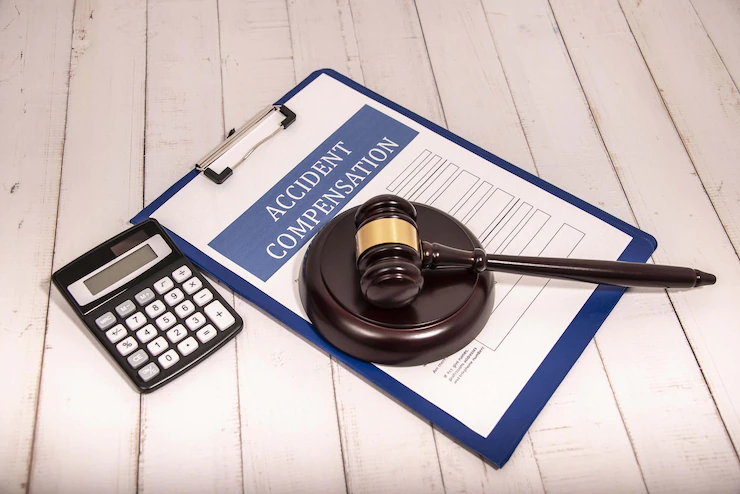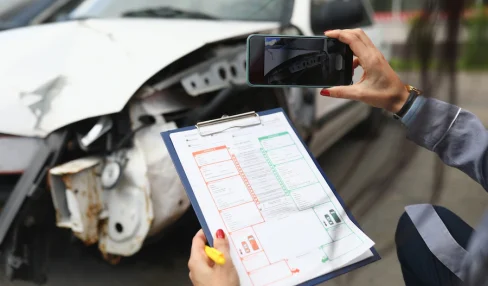Does My Situation Require a Workers’ Compensation Lawyer?
3 Mins Read
Published on: 09 June 2022
Last Updated on: 14 November 2024

toc impalement
Being injured at work can be scary, not only because of the implications for your health but also because of the fear of losing your job. Still, the first thing you should do after being injured at work is to alert your supervisor or employer and get medical help.
If you have been injured and have not received medical care, you should go now and see to your injuries, you do not want to put your welfare in jeopardy, and there may be internal injuries or bleeding of which you might be unaware.
Once you have a full diagnosis and follow the doctor’s orders, your next step should be to get the compensation you need to cover your medical bills.
This is when you want to decide whether you can tackle your workers’ compensation case on your own or whether hiring a lawyer might yield better results. Let’s see.
When should you handle your workers’ compensation case on your own?

If your injuries are minor, and if your employer acknowledges that they did in fact happen on the job, you will probably not need to miss too many days of work.
If this is your case, and you do not have any pre-existing conditions, you should be able to handle the case on your own. If things are much more complicated, you are probably better off working with a workers’ compensation lawyer.
Is it too expensive to hire a workers’ compensation lawyer?

Fortunately for you, it is very common for workers’ compensation lawyers to work on a contingency basis. This means that your attorney would only get paid once you get paid.
Also, there are generally no upfront fees for you to worry about. However, it is important for you to ask your lawyer how much they will charge in the end since it is usual for workers’ comp lawyers to charge about 15% of whatever their clients are awarded or receive as settlement.
Before discounting the idea of hiring legal representation, consider that, in general, workers who have a lawyer tend to end up with higher awards or settlements when compared with those who decided to represent themselves.
Start by setting up an initial consultation which is usually free, and dispel all of your doubts. Also, take advantage of this time to talk to your attorney about your case and get your most pressing questions answered.
In what cases should I hire a workers’ compensation attorney?

Here are some examples of when it makes sense to work with a worker’s comp attorney:
1. When Your Injury or Illness Is Serious
If you have suffered a serious injury or one that requires surgery, or you have developed a chronic condition because of your regular tasks, you should have an attorney on your side.
These types of injuries are associated with higher medical bills, more wages lost, and more chances of developing a permanent disability.
Knowing that they will be required to offer you a higher payout means that the insurance company will likely scrutinize your claim much more carefully.
They may probably argue that the injuries did not happen at work or that this is something you had before the accident.
You do not want to face tactical delays, have to deal with requests for independent medical exams, or be pressured to accept a low offer. Let your lawyer do the fighting for you.
Related Resource: How To Build A Successful Personal Injury Lawsuit In 5 Easy Steps
2. When You Have Preexisting Conditions
When there are preexisting conditions, it is very easy for the insurance company to argue that your body is reacting the way it is because of your previous condition.
You may find that even doctors may disagree on how much of the way you are feeling now relates to your preexisting condition.
They may also argue that your symptoms are related to the normal aging process or that you had some old injuries that are acting up.
Working with an attorney with experience in these types of cases will give you a fighting chance of a successful outcome.
Your attorney can gather evidence, interview witnesses, or even talk to your family members or others familiar with your preexisting condition and know the difference between the way you are now and the way you were before the accident.
Read Also:


















Comments Are Closed For This Article